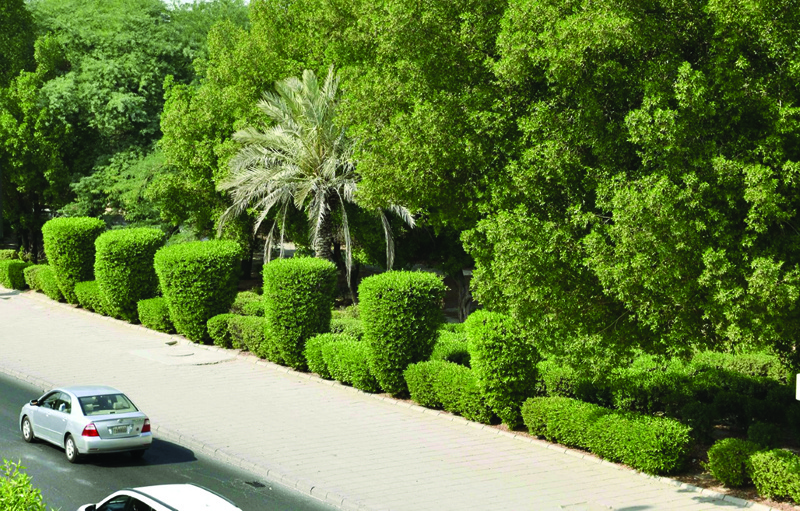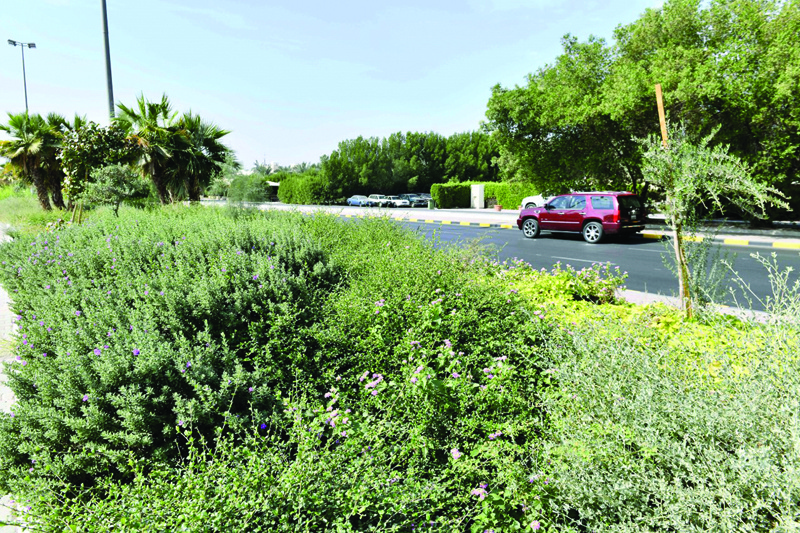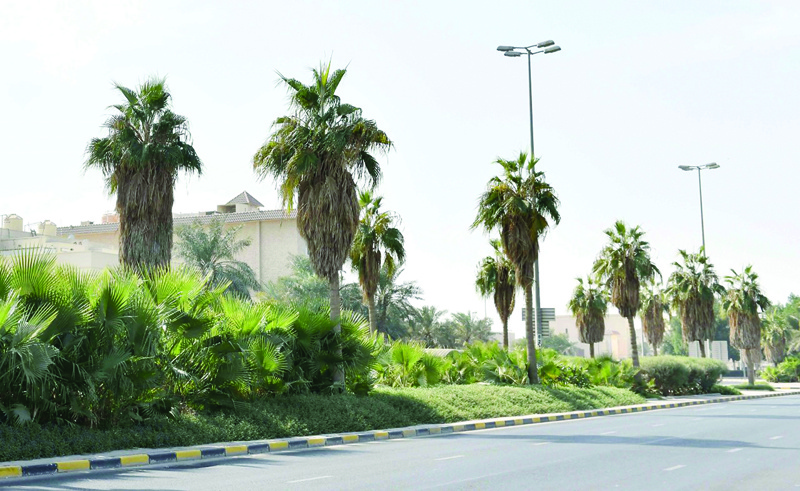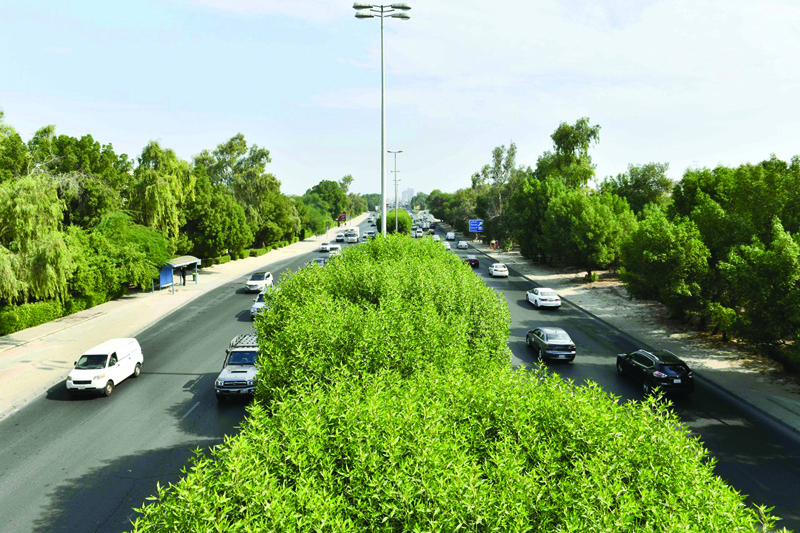KUWAIT: Unquestionably, tree-planting has become a national and international prerequisite that necessitates the concerted efforts of governmental and nongovernmental organizations. The Middle East Green Initiative and the recently held climate change conference, known as COP26, came to serve the ultimate goal of coordinating action to boost green areas worldwide and stop the rise in global temperatures. The Middle East Green Initiative was launched in March with a view to growing 50 billion trees and boosting forests in the Middle East region.
The importance of reversing the effects of climate change is tangible across the Middle East and North Africa, where the impact of rising temperatures is already affecting livelihoods and opportunities. The initiative is mainly meant to plant 50 billion trees across the Middle East (including 10 billion at home in Saudi Arabia), through afforestation, restore an area equivalent to 200 million hectares of degraded land reducing 2.5 percent of global carbon levels, and contribute to reducing carbon emissions resulting from hydrocarbon production in the region by more than 60 percent.



The UK hosted the 26th UN Climate Change Conference of the Parties (COP26) in Glasgow on 31 October-13 November 2021, bringing parties together to accelerate action towards the goals of the Paris Agreement and the UN Framework Convention on Climate Change. The main goals of the COP26 are to secure global net zero by mid-century and keep 1.5 degrees within reach and adapt to protect communities and natural habitats. These events, together with previous gatherings, came up with a slew of concrete and effective commitments to increasing afforestation, nature reserves, parks, planting and environmental rehabilitation.
In this context, Kuwait's Public Authority for Agriculture Affairs and Fish Resources (PAAAFR) underlined that it is necessary to grow new types of plants and trees in Kuwait in a bid to ease its hot weather conditions. Therefore, it said in a press release, that it is trying hard to plant the Sidra tree, also known as Ziziphus spina-christi tree or the Christ's thorn jujube, along highways, main roads and residential and desert areas. Unlike palm trees, the Sidra tree is an evergreen shrub or tree that withstands scorching heat, thrives in the harshest environments and consumes little water, the authority said.
From now on, palm trees would only be planted in houses and farms, rather than along roads or at public parks, the authority underlined, pointing out a plan to grow Sidra trees at nature reserves. It added that contracts pertinent to public parks have been unprecedentedly separated from those bearing on roads and streets in a bid to stave off looming negative impacts on tree-growing projects nationwide. Some 39 old parks have already been rehabilitated on the basis of this fledging separation mechanism which has been put in place for the first time since the authority was established, according to the release.
Furthermore, the authority has created a total of 64 athletic courts and 48 kids play areas as part of its endeavors to reduce buildings and boost afforestation nationwide. All these efforts, together with planting awareness campaigns, are primarily intended to increase countrywide green coverage with a view to providing more oxygen, breaking visual pollution and cutting surging temperatures, it noted. Finally, the authority emphasized that it is committed to throwing much weight behind all initiatives and campaigns by individuals and civil society organizations, along with the private sector, to increase green areas in all governorates. - KUNA











